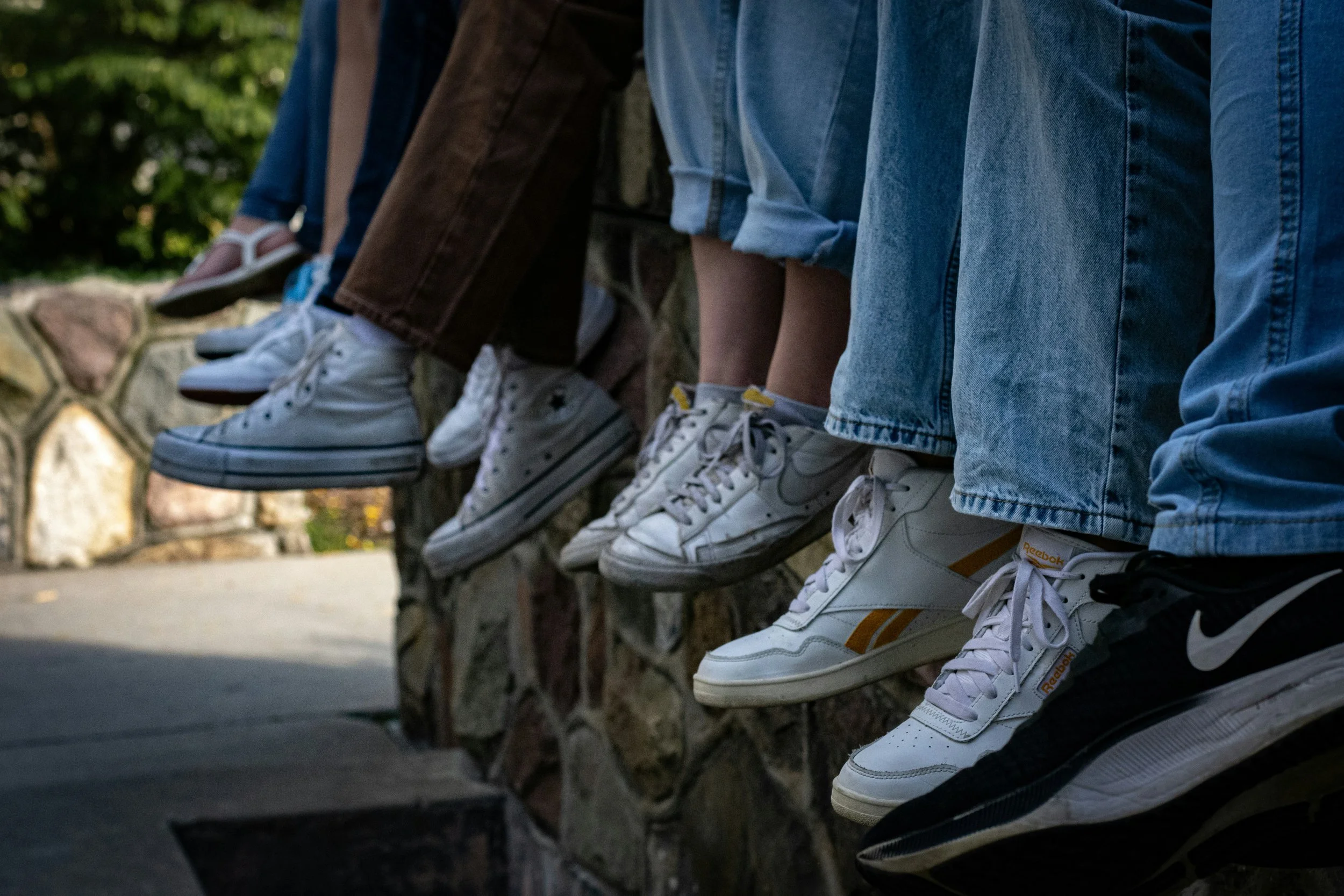Redefining Belonging: Wrestling with Social Imposter Syndrome
Photo by Casey Connell on Unsplash
When playing chess, the pawn always acts as the “foot soldier”—controlling squares and supporting other pieces. But even though there’s purpose in their movement, they don’t usually play a major role in the main strategy. That space is reserved for pieces like kings, queens, rooks, bishops, and knights—the ones seen as essential and central.
A feeling that came and went for me throughout high school was a lot like that pawn experience: struggling to find identity and confidence in what I call exclusive inclusivity.
During my time in high school, I became really involved in my community through exploring my passions. I was part of Student Government, joined and started clubs and music groups, baked treats for school events—you name it. Through all of those experiences, I got to know and meet way more people than I would have otherwise, and these became core memories.
But something that always quietly ate away at me was the feeling of not being enough for the community I cared so much about. Do these people actually want me here? This idea especially came up in group settings, where the goal and intention was always to include and build community. But deep down, I never felt fully accepted or important. It was never really about the people around me. This wasn’t because anyone was unkind or unwelcoming. It was just something I felt on my own: no matter how hard I tried, I never felt truly wanted. It didn’t allude to something deeply painful, but it was something I’d think about from time to time.
Social media definitely played a part in this. I’d see posts from events we had all experienced together, and it looked like everyone else had somehow lived a more embraced, more connected version of that same moment. Like I was inside the circle, but not really in it. Just like pawns on a chessboard—they're on the field, but they’ll never move like the other pieces.
My Solution? Redefining Belonging.
Honestly, this kind of “social imposter syndrome” is still something I think about and encounter from time to time. But what gave me peace of mind was starting to embrace me for me. It can be really hard to feel like you fit in. Like you’ll never match the image of what it means to be “enough” in your circle—the image that people like and comment on, wrapped in picture-perfect moments. But just know that what you’re feeling isn’t a solo battle. Everyone feels that way at some point, in different capacities, at different times, in different lights.
When I felt like my social life was in lukewarm waters (feelings of never meaning as much to people as they meant to me) I decided to focus on where my positives were. For me, especially in my senior year, that meant embracing my love of music. I am no music professional—like, at all. I’ve played flute and piccolo for a few years, and I’ve dabbled in cajón, piano, and guitar here and there. Those little things helped me connect with others. I got to bond over jazz and random band shenanigans. And now, I’m part of a little jazz group that arranges and plays music for gigs here and there!
And even when you feel like you're not quite “there,” there’s always someone you made smile. Someone who remembers something kind you said. Someone who noticed you, even if they didn’t say it out loud. So, with all of this to say, don’t stop being yourself. I know that’s easier said than done. But you will find your people when you allow them in. It also can be really hard not to let social media define status or identity. But note that not everything is what it looks like online. Try not to let it waver your sense of self-worth.
Hot tip: doing a social media detox helped me so much. Whether it’s a week or a couple months, it’s never a bad idea to step back and reset. You might realize how much time and energy it was consuming. And it’s always nice to come back with a fresh start!
Don’t give up on finding your piece of belonging and connection. It’s okay if you don’t fit into some picture-perfect teenage experience mold. Just remember: even pawns have the power to move forward—and if they keep going, they can even turn a new leaf.
Katie Lam
JOMO Student Intern

